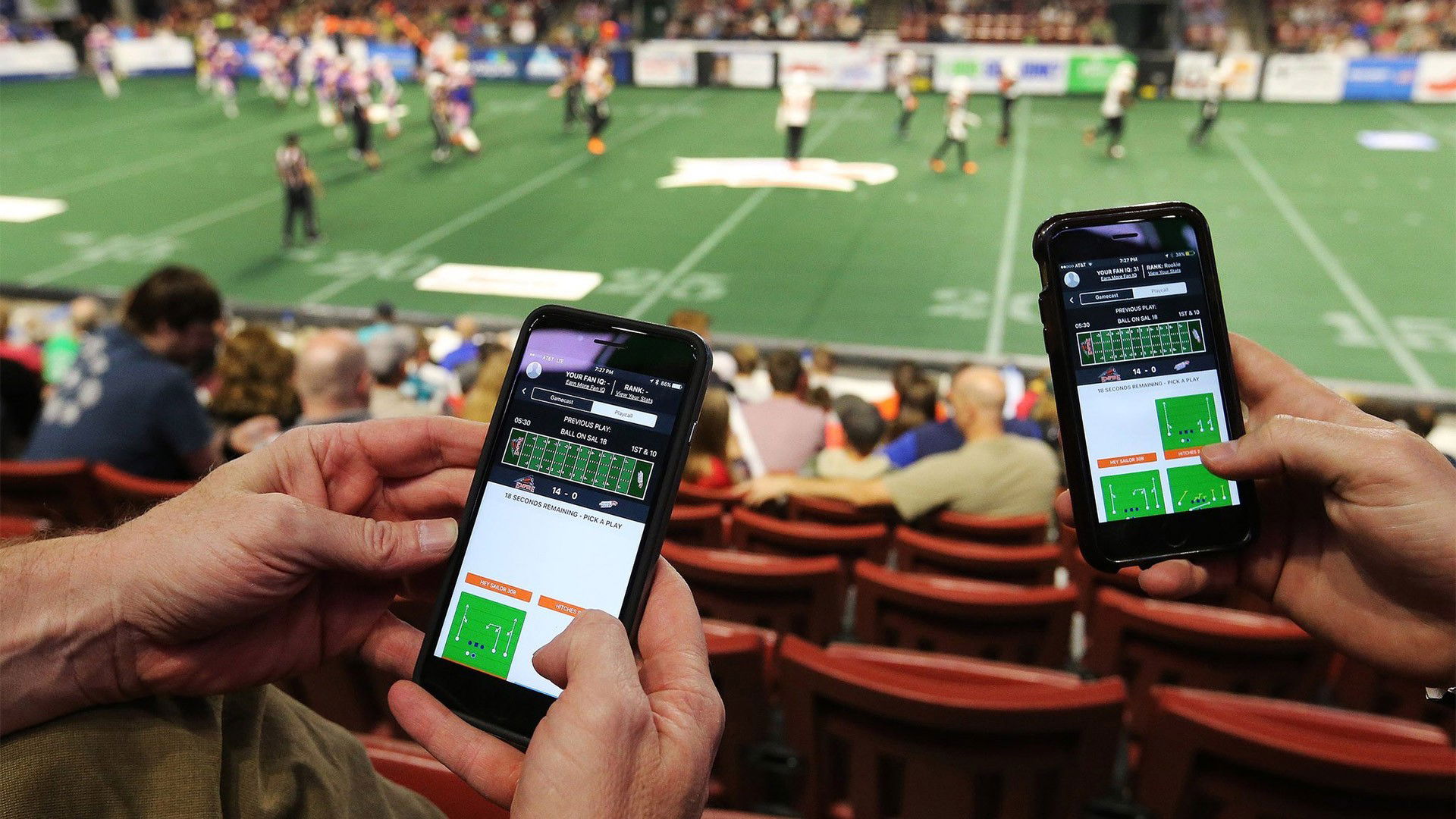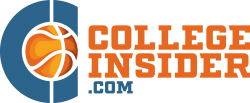Can NCAA students participate in sports betting or gambling?

The issue of NCAA student participation in sports betting and gambling appears simple at first glance, but it is pretty complex. It involves not only legal and ethical considerations but also reputational issues. In many states in the US, sports betting is legal, and advertisements for mobile platforms can be seen everywhere, from social media to NBA broadcasts. However, it is essential to recognize that students, particularly athletes, are subject to specific rules, and if these rules are violated, they may face severe consequences. In some cases, this can lead to disqualification, and some lose their scholarships.
Current NCAA regulations state that all forms of betting are strictly prohibited for student-athletes. This applies to all sports included in the NCAA program. In other words, it is not only about matches of their team or even discipline, but also about any other sport recognized by the Association. Therefore, if a student participates in basketball, they cannot bet on football or baseball under the auspices of the NCAA. This means that women's volleyball will also be strictly prohibited. If a student violates this rule, they will be disqualified from participating in official competitions. The suspension period can be several months, but the student may also be expelled completely.
When we discuss restrictions, we also refer to fantasy tournaments that involve financial gain. These are tournaments that are linked to real sporting events.
However, student athletes still regularly find themselves embroiled in gambling scandals. One of the most high-profile cases in recent years was an investigation involving Iowa State University and the University of Iowa. It revealed that more than four dozen students had placed sports bets, including on matches in which they were directly involved. Sports program staff, such as analysts and administrators, were also implicated in the case. The total amount of sports bets reached $100,000.
A similar case was reported at the University of Texas, where an internal investigation revealed that five people, including one assistant and four members of the football team, had placed bets through the PrizePicks platform. Between July and November 2024, they placed bets totaling $15,000. The NCAA recognized this as a violation, despite the bets being placed on professional games. To avoid sanctions, the university reported the violations on its own. This event had a significant impact on the sports community.
The NCAA is actively fighting against such phenomena. For example, in 2023, they introduced the ProhiBet platform, which allows monitoring whether students or staff are placing bets through licensed bookmakers. This enables the identification and prevention of potential violations. However, even digital control does not extend to the gray area—the leisure activities of students who are not athletes. They are not subject to restrictions even if state law allows sports betting. As a result, students who sit in the same classroom have different legal statuses—a situation that can be considered paradoxical.
As for gambling in general, NCAA students are fully permitted to play any casino games. For example, many choose crash games, including Lucky Jet real money game, which quickly gained popularity in countries such as India and Australia and is now confidently conquering the US market. Such activities are permitted for NCAA students. If we examine the negative consequences, the only thing that can be mentioned is the deterioration of the athlete's financial situation.
Students are aware that sports betting can lead to disqualification, so they prefer, for example, dynamic mobile arcade games that incorporate elements of winning and competition. Such games help students recharge after classes and relax after a challenging workout. However, the elements of excitement are certainly appealing as well.


